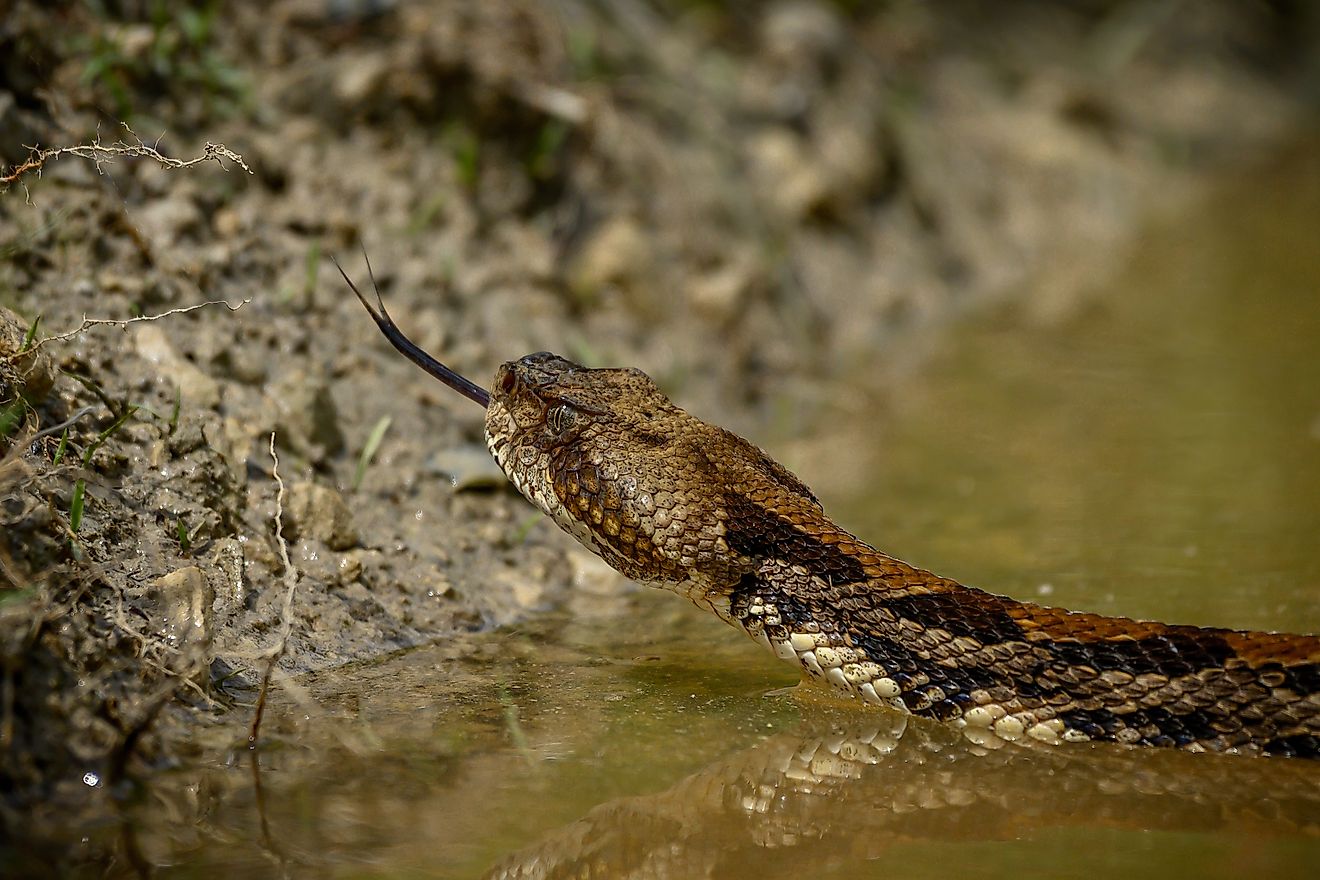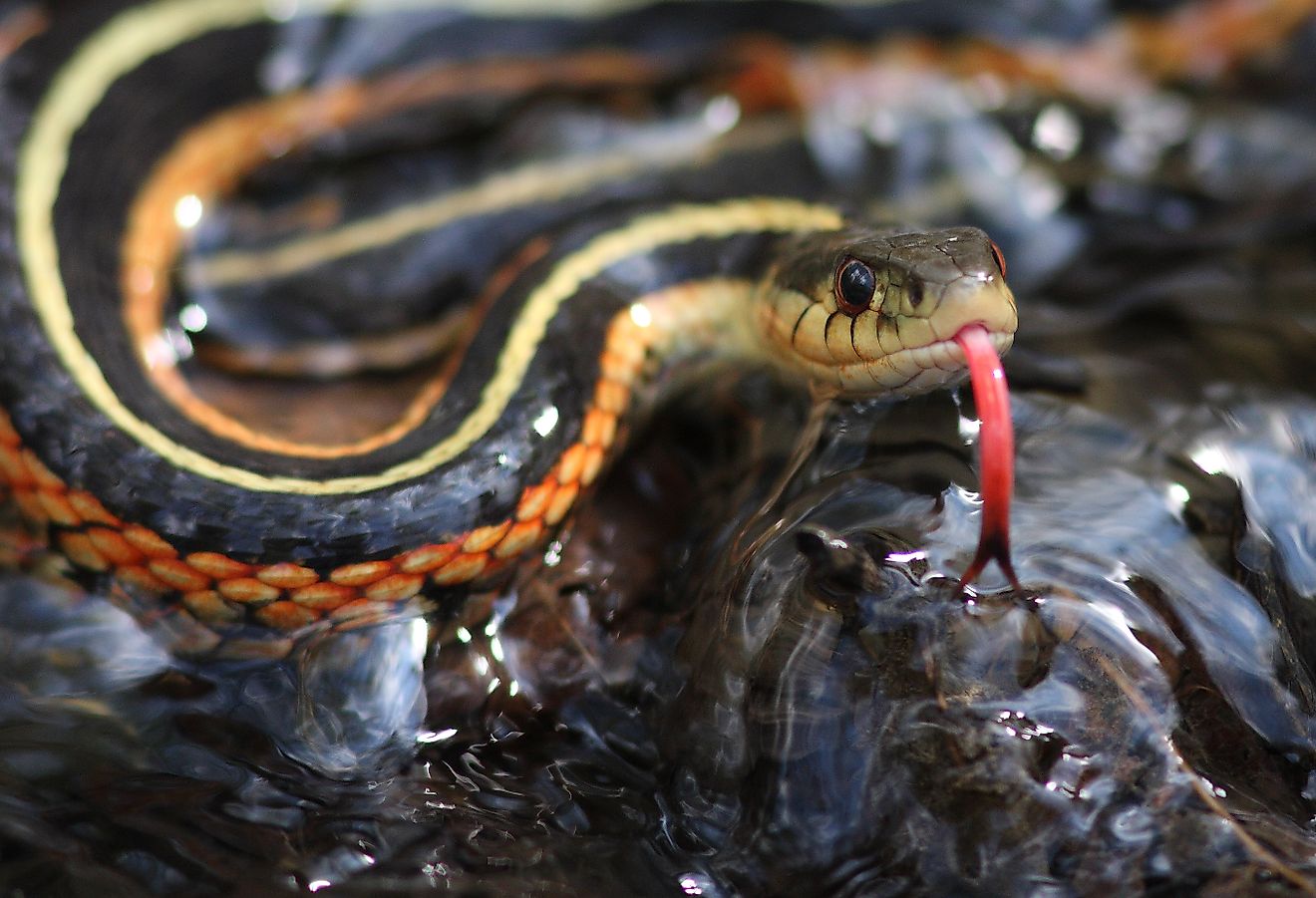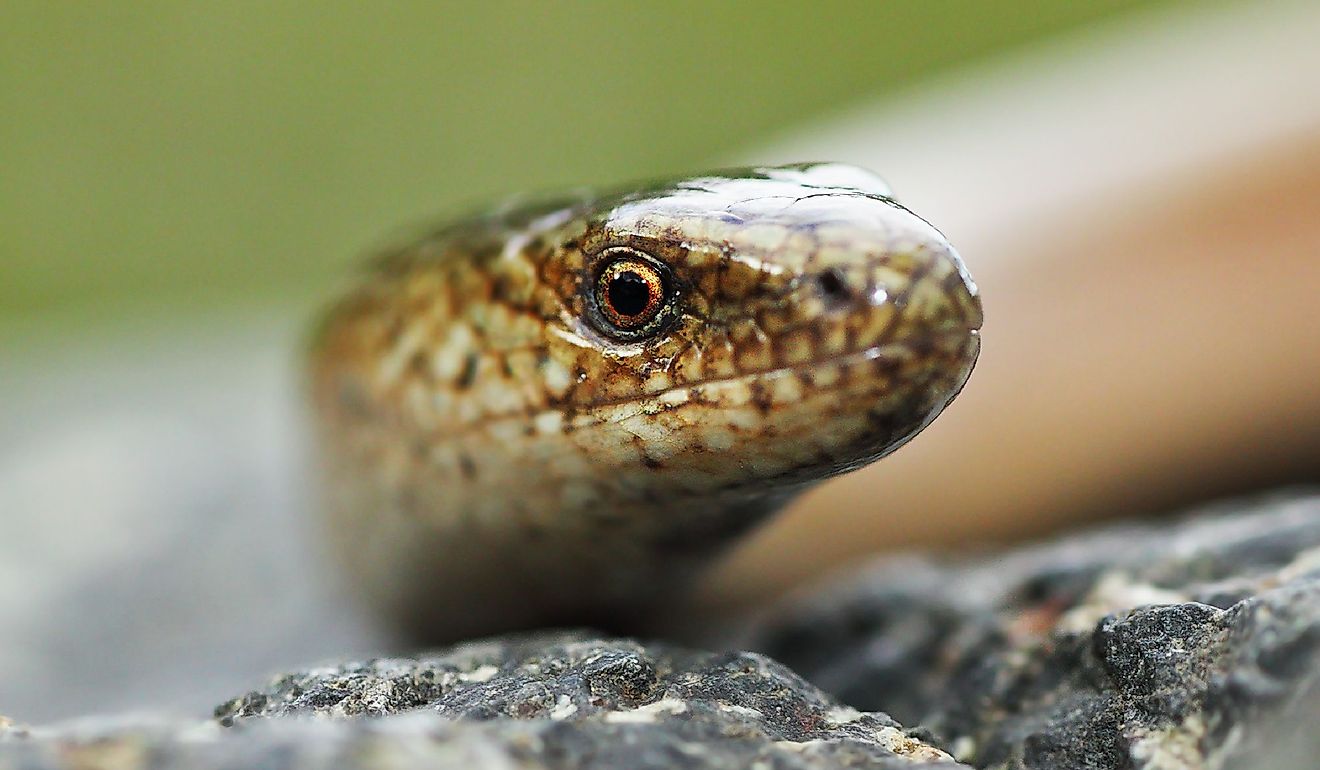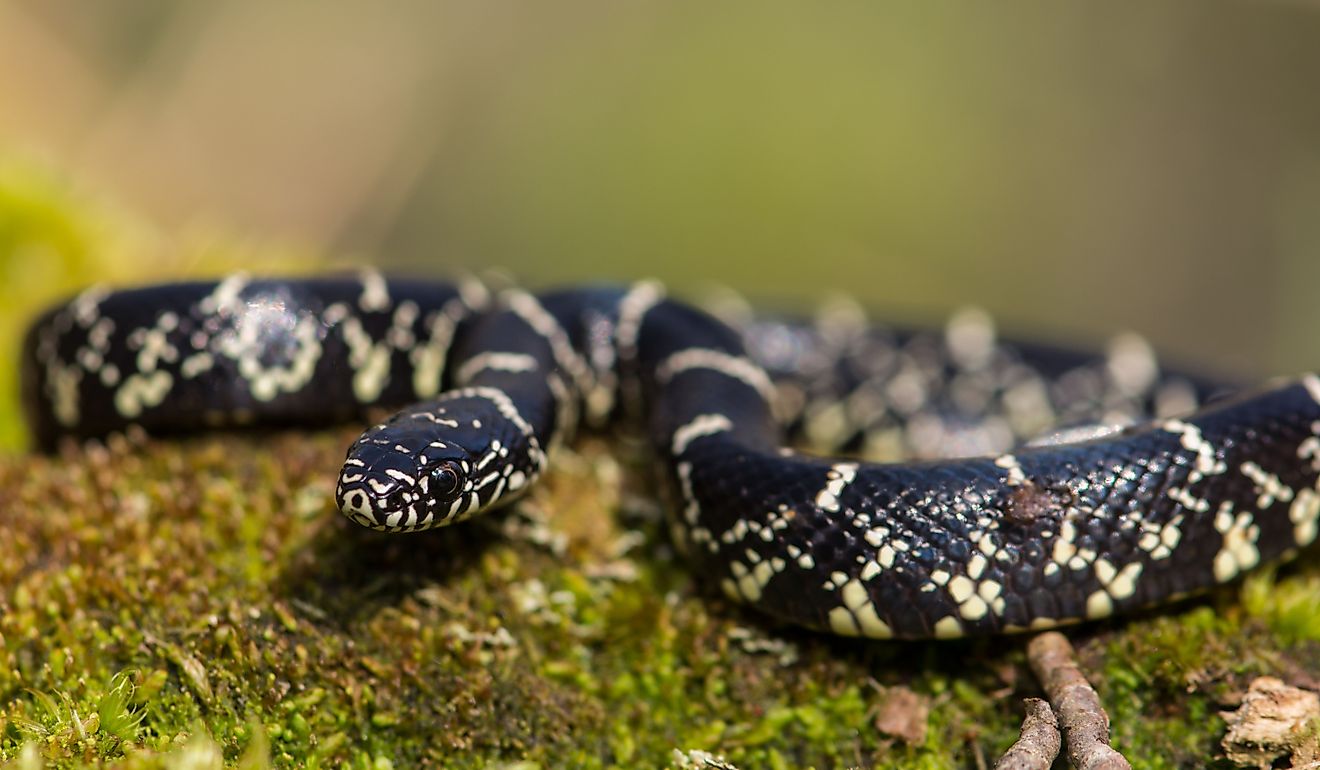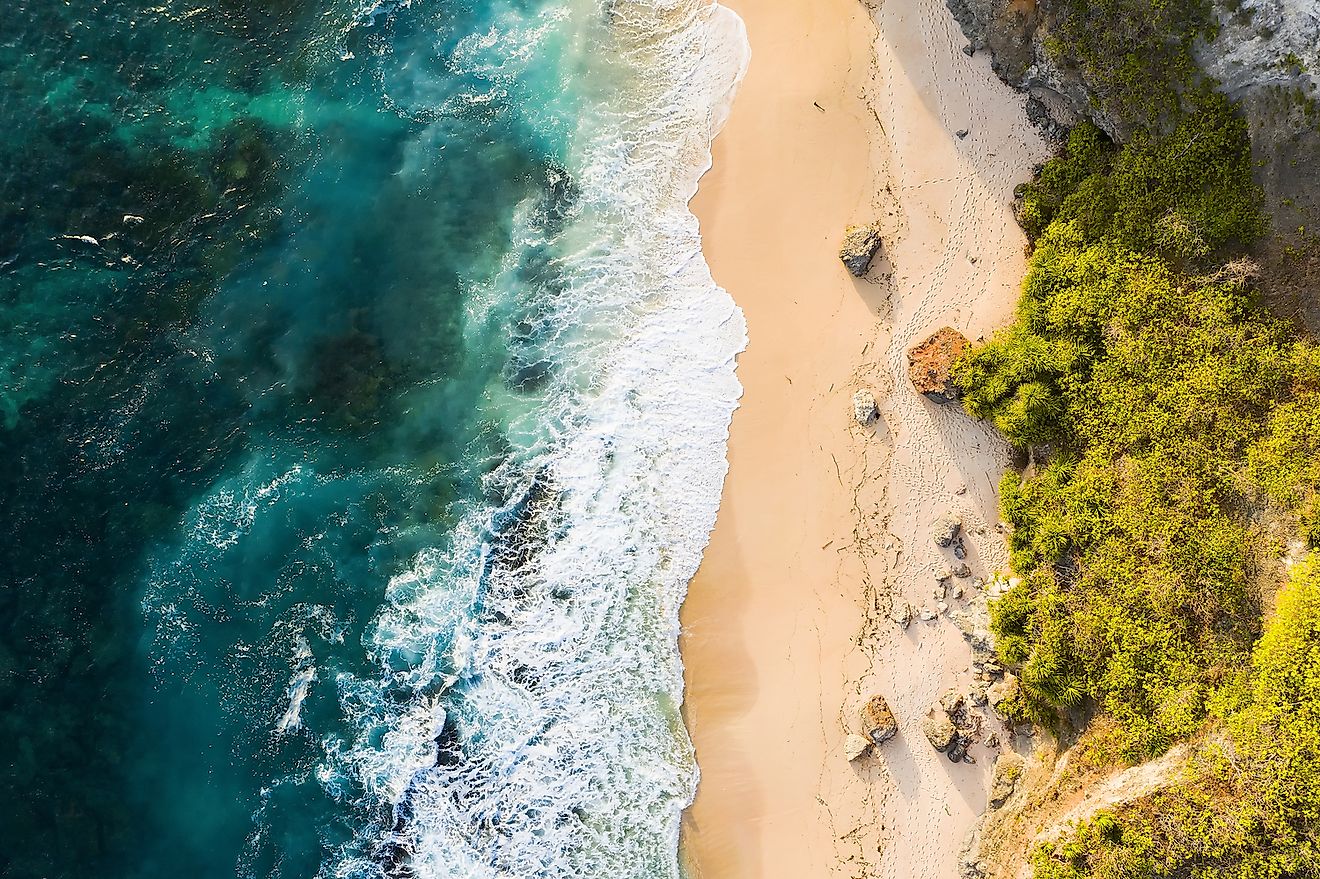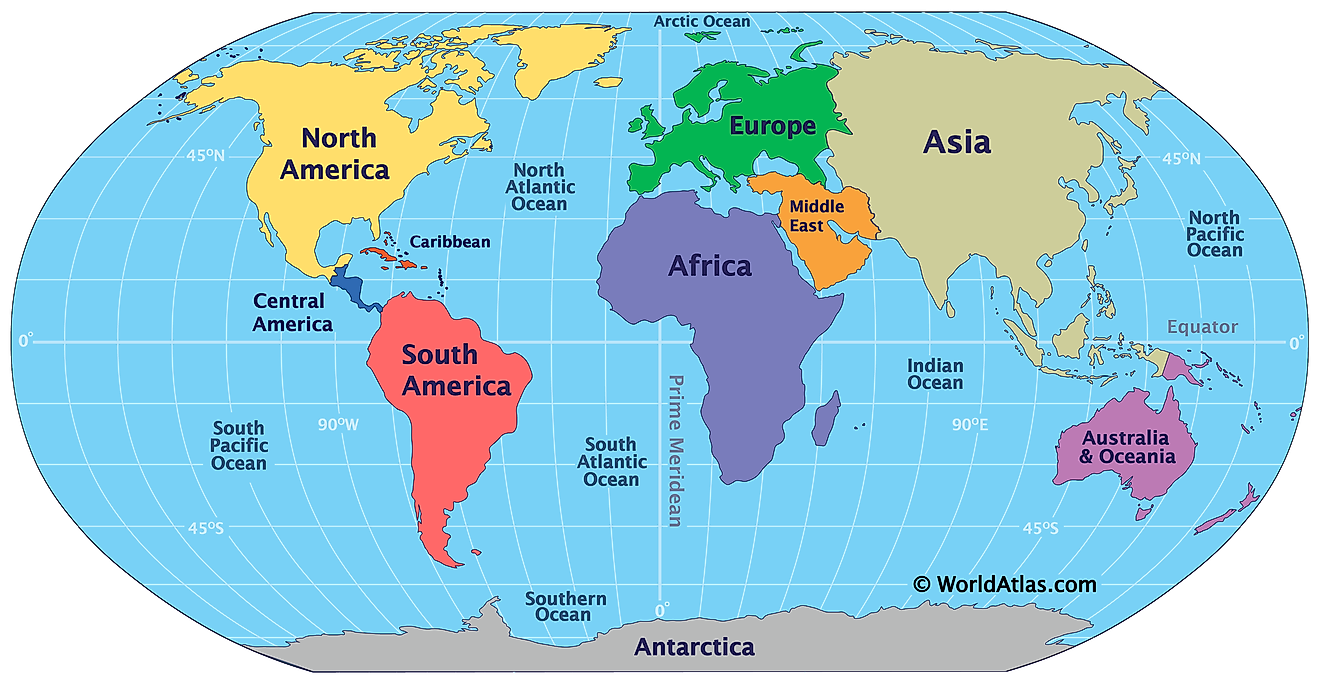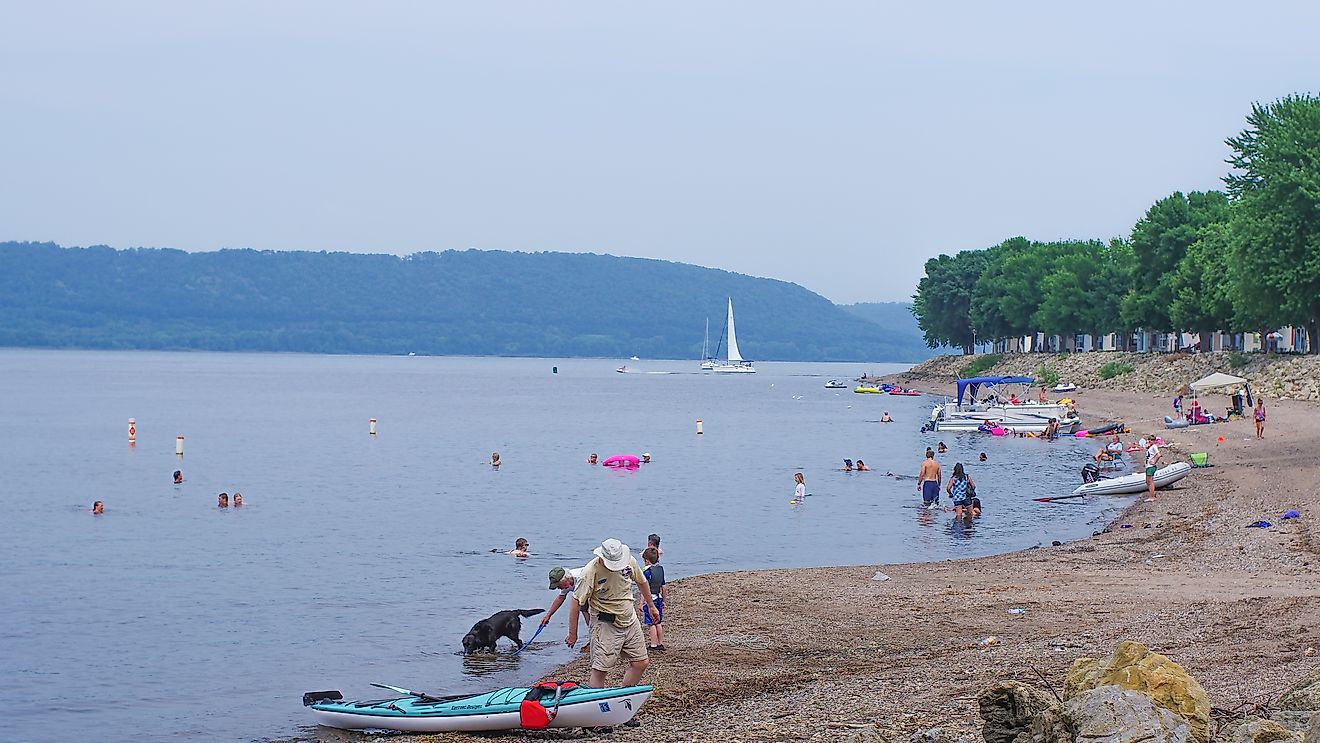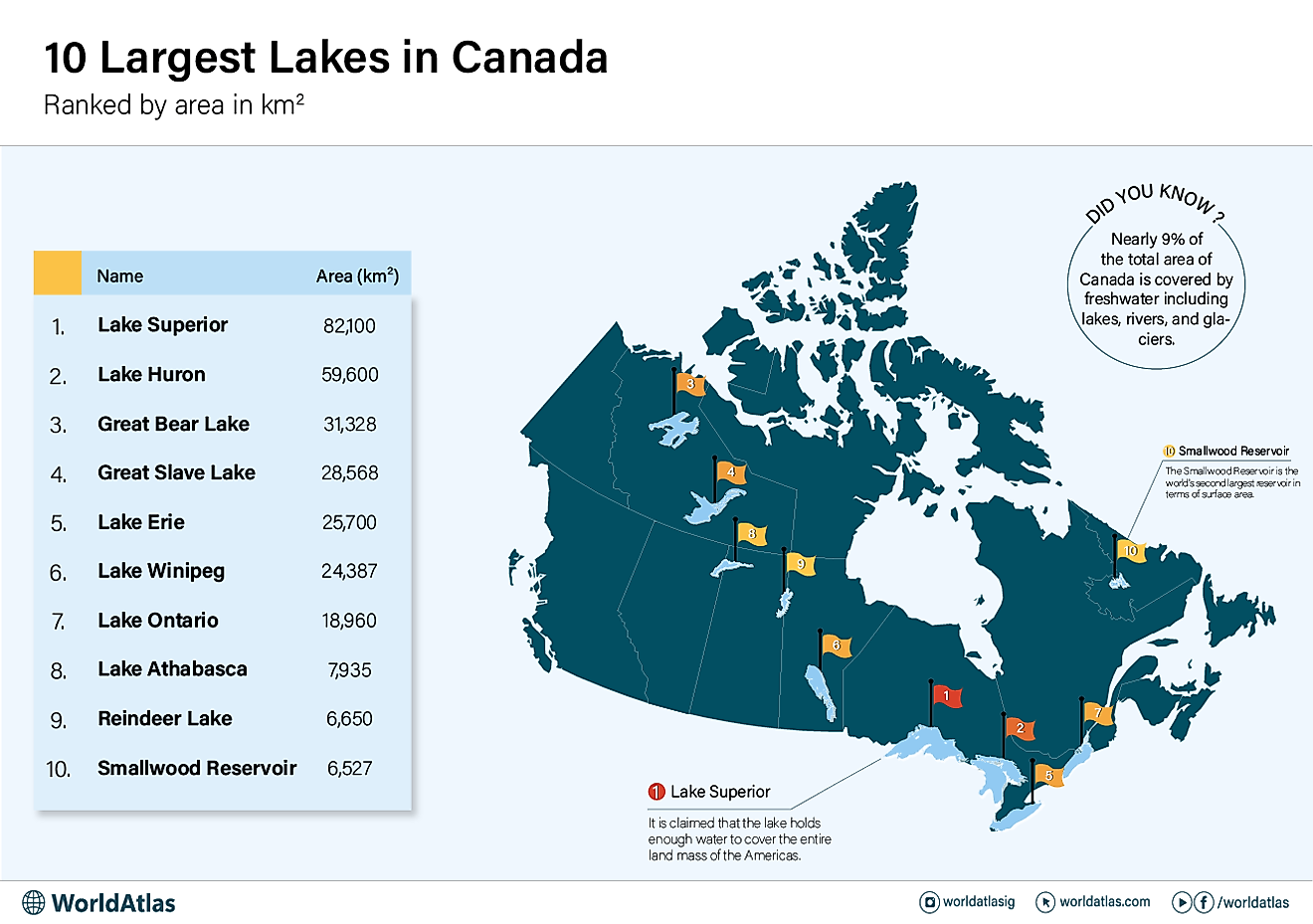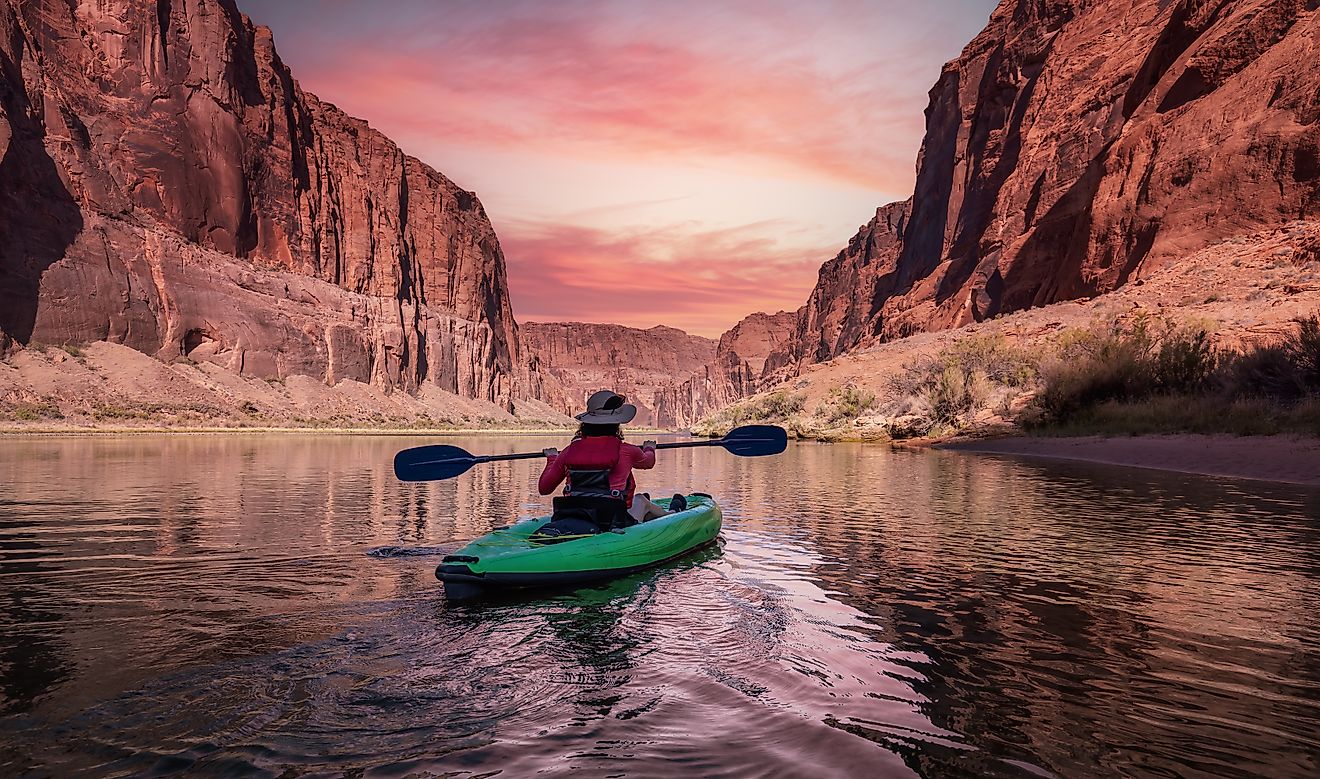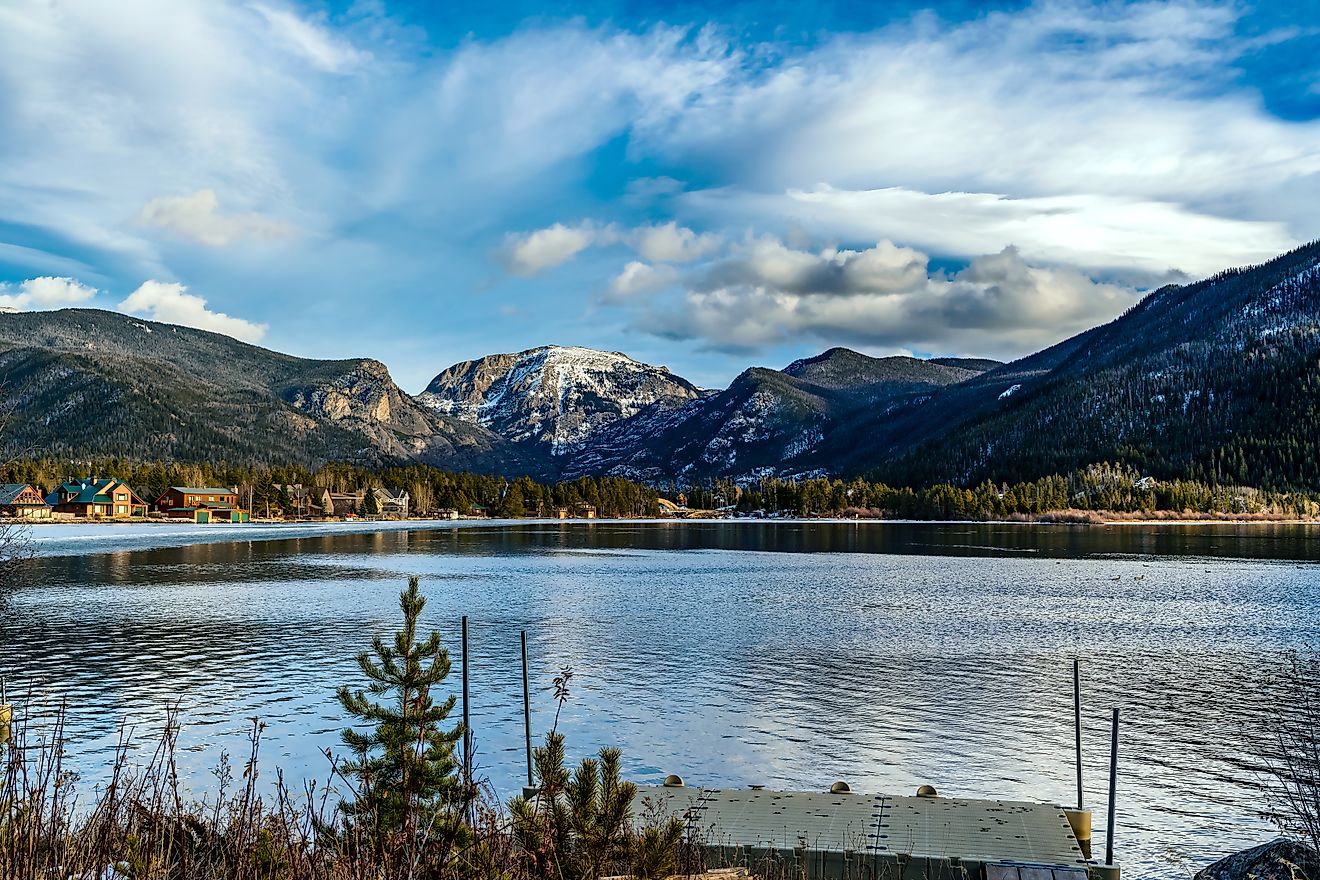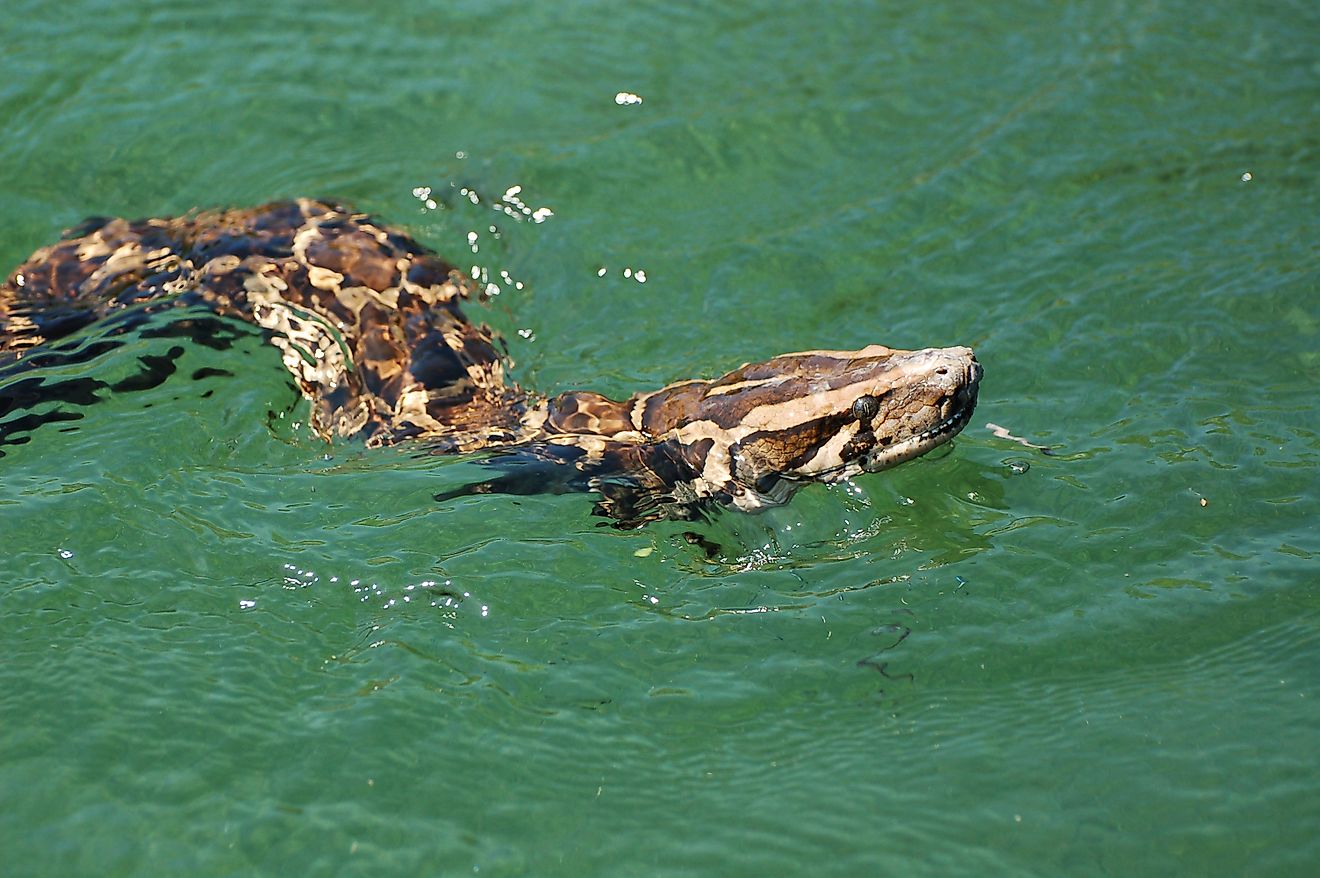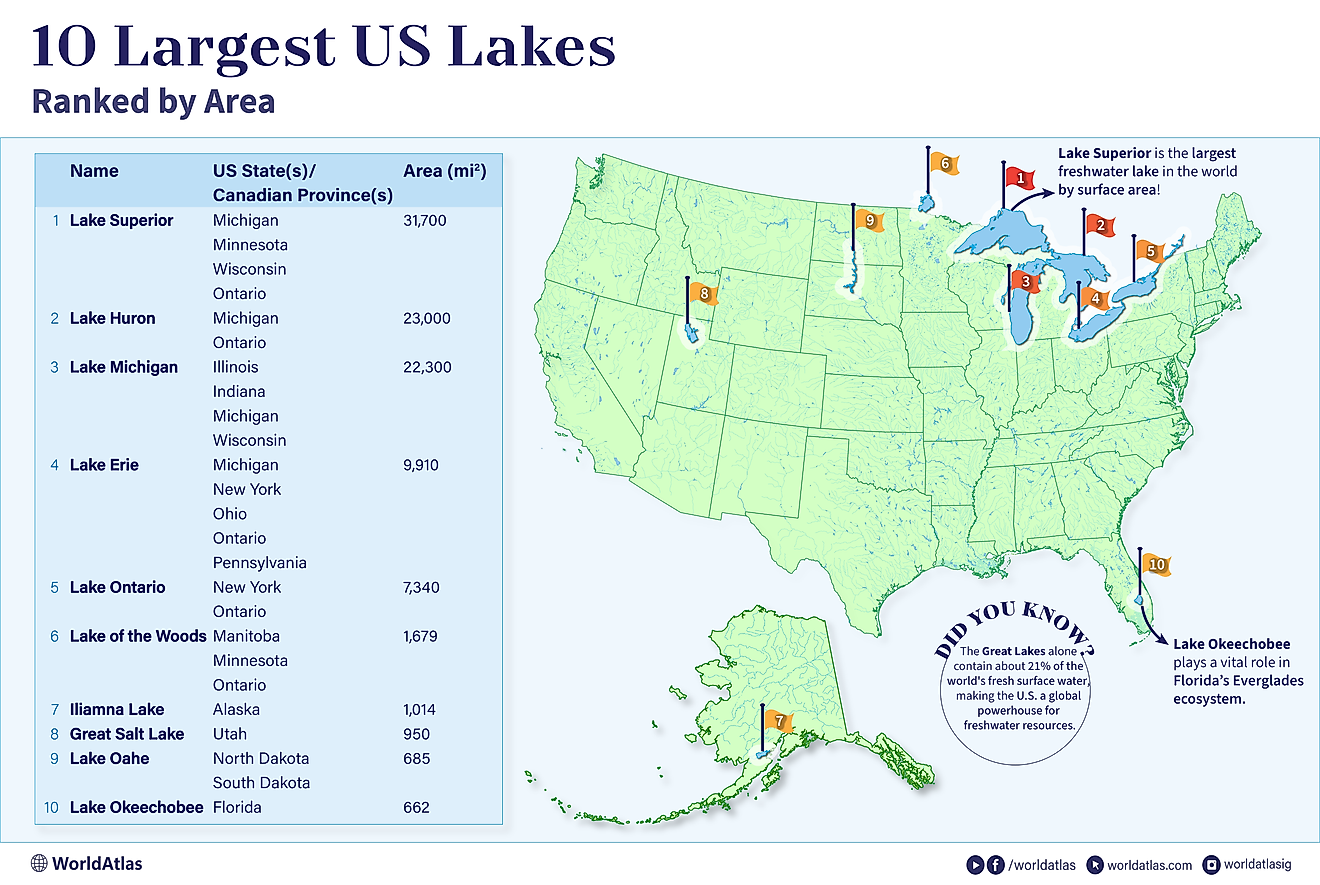
Evoikos Gulf
The Evoikos Gulf is also known as the Gulf of Eurboea, and it derives its name from the large island to the east of the Greek mainland. The Gulf has several bays, including Oropos Bay and Alveri Bay. Keep reading to learn all you need to know about this fantastic waterway.
Location Of The Evoikos Gulf

The Evoikos Gulf is located in the northern region of the Aegean Sea in the Mediterranean. It is separated into two parts, with the southern section of the Gulf connected to the northern portion only by the Euripus Strait. The Northern portion of the Gulf is 409 mi2 (1060 km2), and the southern Gulf is 35 mi2 (900 km2). The Gulf is nestled between the large island of Euboea and mainland Greece.
The Gulf is commonly called the Gulf of Euboea in the west, with the anglicized Greek spelling being "Evoikos Gulf" or "Evvoïkós Kólpos." The name "Euboea" is derived from the name of the island of Euboea to the east of the Gulf of Evoikos.
The Gulf is known for its strange patterns of tidal currents, which shift up to four times daily. This makes travel through the Gulf a little tricky, but it's still one of the most important shipping lanes in the Aegean Sea.
History Of The Evoikos Gulf
It is believed that the Island of Euboea (Evia in Greek) separated from the mainland of Greece at some time in its history. As the second largest island of Greece (after Crete), it was one of the most important islands in the Mediterranean to the ancient Greeks.
Upon its split from the mainland, the island continued drifting further due to continual tectonic activity. This drift widened the Evoikos Gulf. The island was once connected to mainland Greece even after this great divide in recent history, by a small landbridge near the Euripus Strait.
At some time within the past couple thousand years, this landbridge sunk beneath the Gulf. There are two main bridges connecting the isle of Euboea to Greece. The Chalcis Bridge is the newest and is often called the "New" or "High" Bridge. The other, originally constructed in 1962, is called the "Old" or "Low" Bridge.
Euripus Strait And Other Geographic Features

The Euripus Strait is the narrowest portion of the Evoikos Gulf, and the Strait experiences many strange and unusual water patterns that can be dangerous to ships. Some of the most common sea currents and tidal movements in the area include seiches and vortices.
Aside from the Euripus Strait, several notable geographic features of the Eurboea (Evia) island exist. The southern portion of the Evoikos Gulf contains the islands of Mykonos, Andros, and Tinos. Mykonos is known as the island of wind due to the year-long high winds. Tinos and Andros are larger than the isle of Mykonos.
Due to the continued tectonic activity in the area, the island of Eurboea and the Evoikos Gulf experience a lot of earthquakes. This has led to the formation of several large mountains on the main island, including Dorfi, Pyxaria, and Ochi.
Odd Water Currents In The Gulf Of Evoikos
As was briefly discussed above, the Euripos Strait has some of the oddest water currents in the region. These include seiches and vortices. Seiches are less common than vortices since they need to form within enclosed or partially enclosed waterways. These phenomena are characterized by multiple bands of waves mingling and overtopping one another. They can be dangerous when large enough but aren't usually a serious threat.
Vortices can be more dangerous for ships than seiches when they're large. These form a swirled formation in the water that can create whirlpools and other swirling water formations.
Flora And Fauna Of The Evoikos Gulf

Seals and dolphins are the most iconic marine mammals in the region. Due to pollution and hunting, their population is dwindling, which led to the formation of a local protective society. The island of Eurboea (Evia) is home to some amazing flowering plants. The most notable varieties include Hypericum olympicum, Lathyrus laxiflorus, and Cistus creticus.
Studying the Evoikos Gulf can be confusing since it has several names. This confusion arises from the disparity between the Greek and Anglisices versions of the name. Just remember, both the Gulf of Eurboea and Evoikos apply to this region and refer to the same Gulf. The Gulf is a unique geological feature in the Mediterranean. The area's various tidal forces are a popular scientific research subject.
